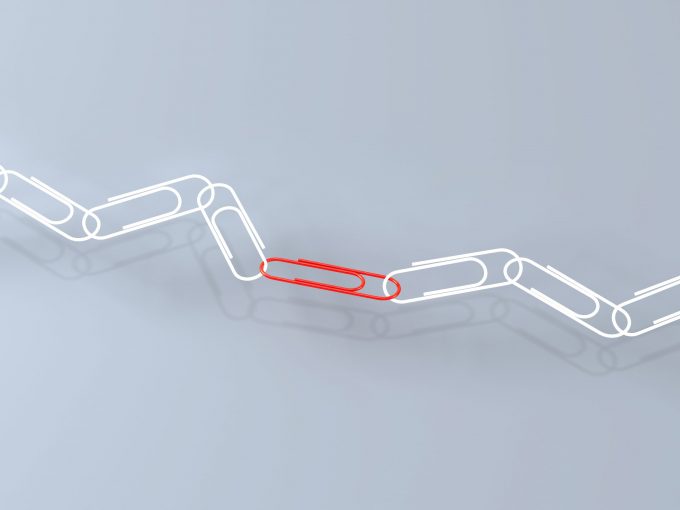Mexican tariffs a 'smart signal' that duty-free loophole is closing
Mexico’s recent imposition of tariffs on foreign imports has signalled to China and the US ...

Stricter due diligence laws surrounding the import of products made using forced labour could shake up supply chains and cause “significant disruption to companies’ operations”.
Global risk intelligence specialist Verisk Maplecroft told The Loadstar that over the past half-decade, global advancements in labour rights had stalled.
Currently, most legislation only requires companies to file reports on any exposure to modern slavery abuses, rather than to act on it, which has had little impact on the ground.
Fortunately though, tougher mandatory due diligence laws ...
Volcanic disruption at Anchorage could hit transpacific airfreight operations
Macron calls for ‘suspension’ – CMA CGM's $20bn US investment in doubt
De minimis exemption on shipments from China to the US will end in May
Forwarders stay cool as US 'liberation day' tariffs threaten 'global trade war'
Mixed response in US to 'Liberation Day', while China leads wave of retaliation
Tariffs and de minimis set air freight rates on a volatile course
Transpacific contract rates rise on Trump’s fickle policies
Trump tariffs see hundreds of cancelled container bookings a day from Asia

Comment on this article